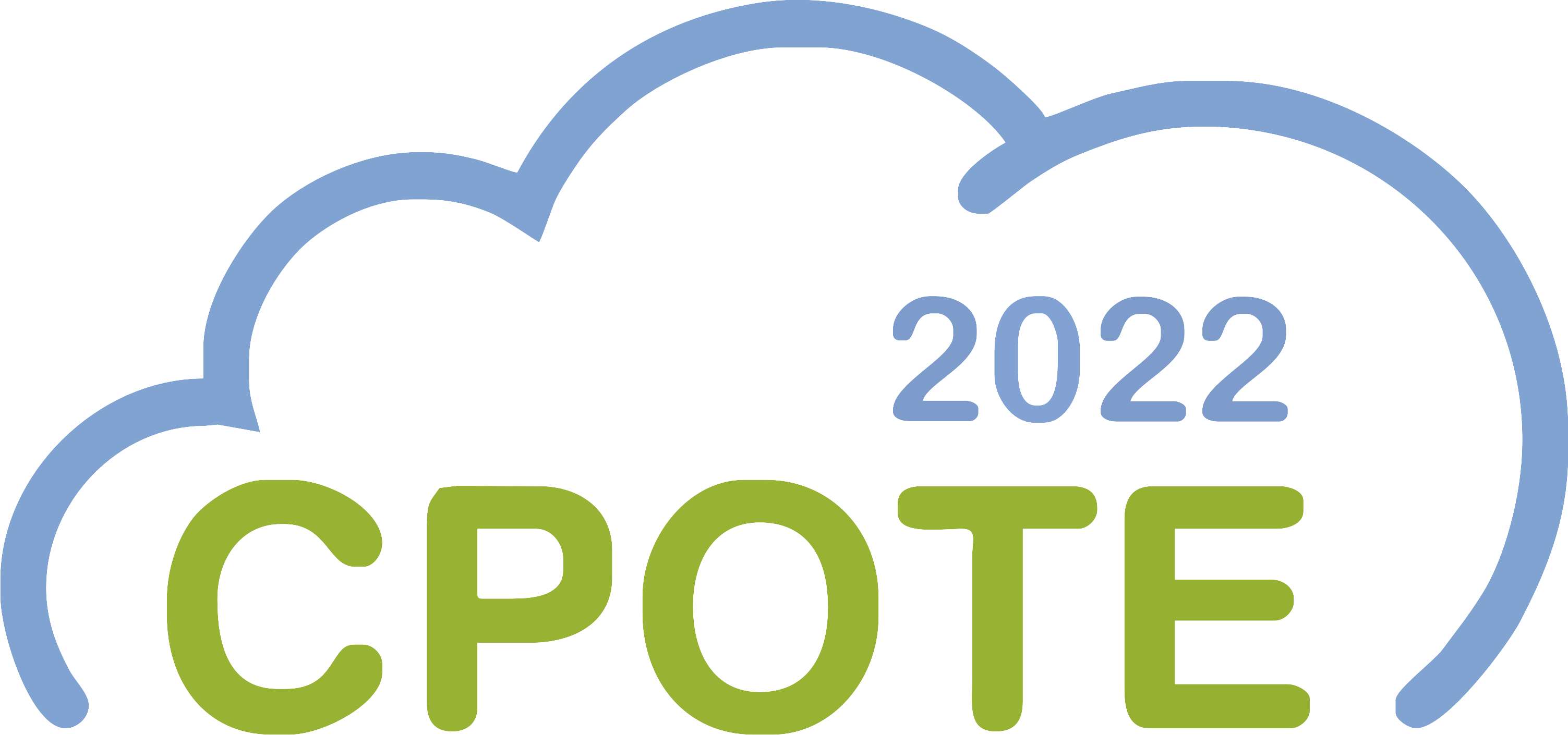
CPOTE2022
7th International Conference on
Contemporary Problems of Thermal Engineering
Hybrid event, Warsaw | 20-23 September 2022
7th International Conference on
Contemporary Problems of Thermal Engineering
Hybrid event, Warsaw | 20-23 September 2022
Abstract CPOTE2022-1105-A
Book of abstracts draft












Fuel cell control strategy to minimize hydrogen consumption in a trolleybus powered by range extender
Plamen PUNOV, Technical University of Sofia, BulgariaVutko DRAGANOV, Technical University of Sofia, Bulgaria
Tsvetomir GECHEV, Technical University of Sofia, Bulgaria
This article deals with optimal control strategy of a fuel cell (FC) stack in order to minimize the hydrogen fuel consumption of a trolleybus hybrid propulsion. Trolleybuses are used to a high extent in the public transport due to their high tank-to-wheels efficiency. They are powered by electricity from the grid which requires complex infrastructure. Moreover, their autonomy depends on this infrastructure – they cannot operate outside the grid. This study proposes implementation of a PEMFC/battery range extender in a trolleybus – a propulsion strategy that allows both operation with electricity from the grid, and outside the grid by means of hydrogen energy. The propulsion system consists of a PEMFC stack with 85 kW nominal power and a battery with 26.6 KWh capacity. The study was conducted over a trolleybus real driving cycle on an existing public transport line in Sofia, Bulgaria. The instantaneous power demand was estimated by means of a vehicle dynamics model and by considering the electrical propulsion efficiency, and two control strategies for the FC stack power were proposed – an adaptive control strategy with constant stack power support for concrete vehicle mass, and a switching control strategy depending on the battery state of charge. The first strategy showed better results as it guaranteed lower fuel consumption, while the second one guaranteed easier control, as the mass of the vehicle (number of passengers) is harder to estimate for the first strategy. It was additionally proven for the second strategy, that the narrower the range between the maximum and minimum power switching values, the lower the fuel consumption, with a minimum of only 0.8% higher fuel consumption than the first strategy achieved.
Keywords: Fuel cells, Battery, Range extender, Trolleybus, Hydrogen
Acknowledgment: This work was supported by the Bulgarian Ministry of Education and Science under the National Research Program "Low carbon energy for transport and domestic use" approved by DCM # 577/17.08.2018.